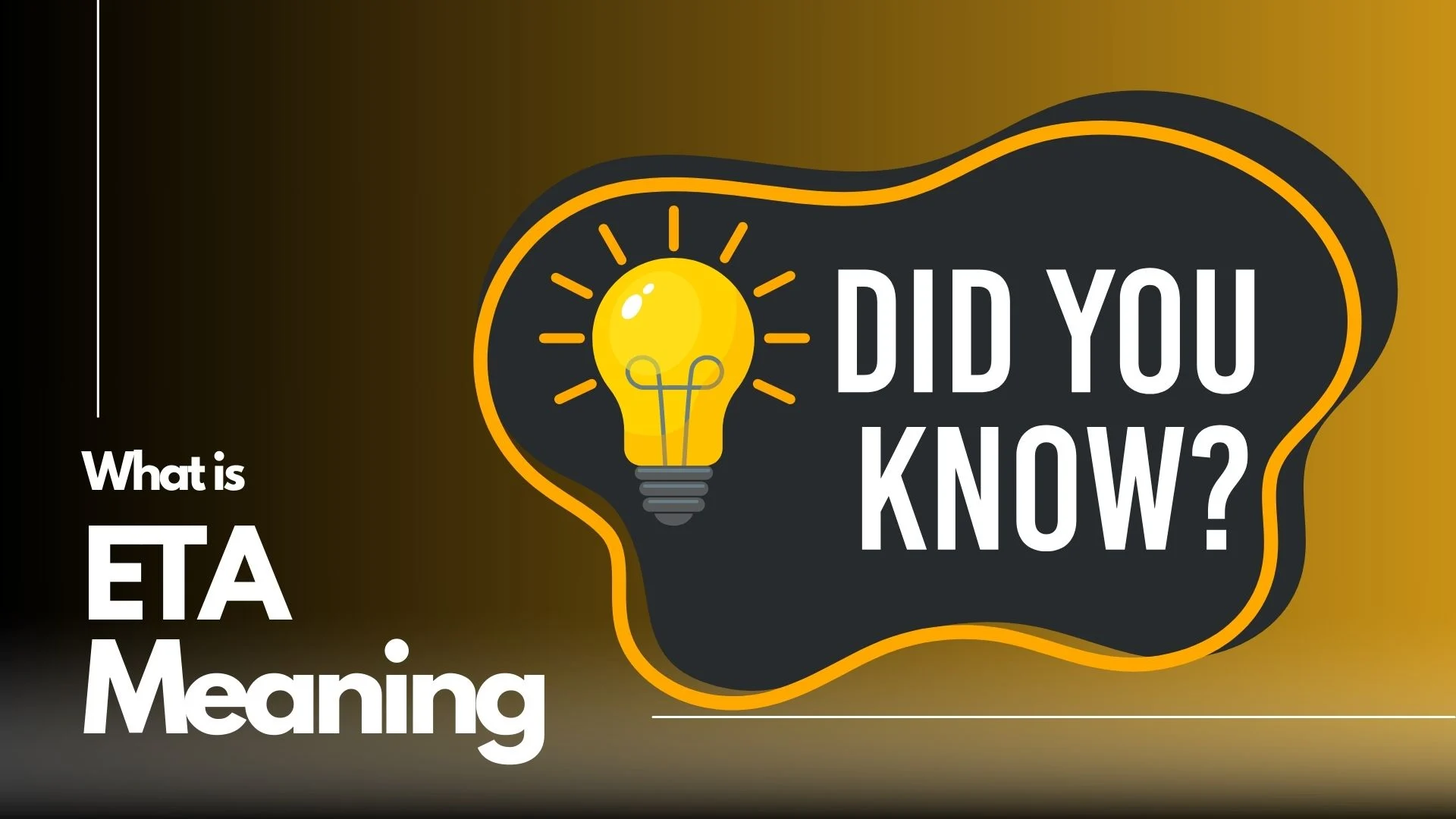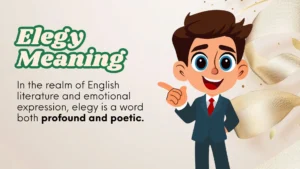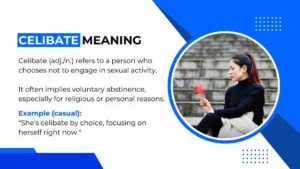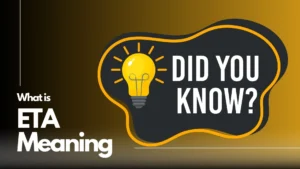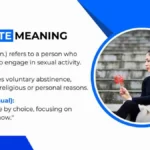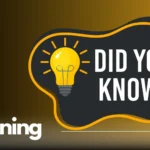In today’s fast-paced digital world, communication is evolving rapidly.
With abbreviations dominating messages, emails, and even professional chats, understanding terms like “ETA” has never been more crucial.
In this article, we’ll dive deep into the 2025 meaning of “ETA”, how it’s used, and the best modern synonyms and alternatives for every kind of conversation—formal, casual, or professional.
You’ll also find exclusive examples and usage tips that will help you communicate more clearly, politely, and effectively.
What Does ETA Mean?
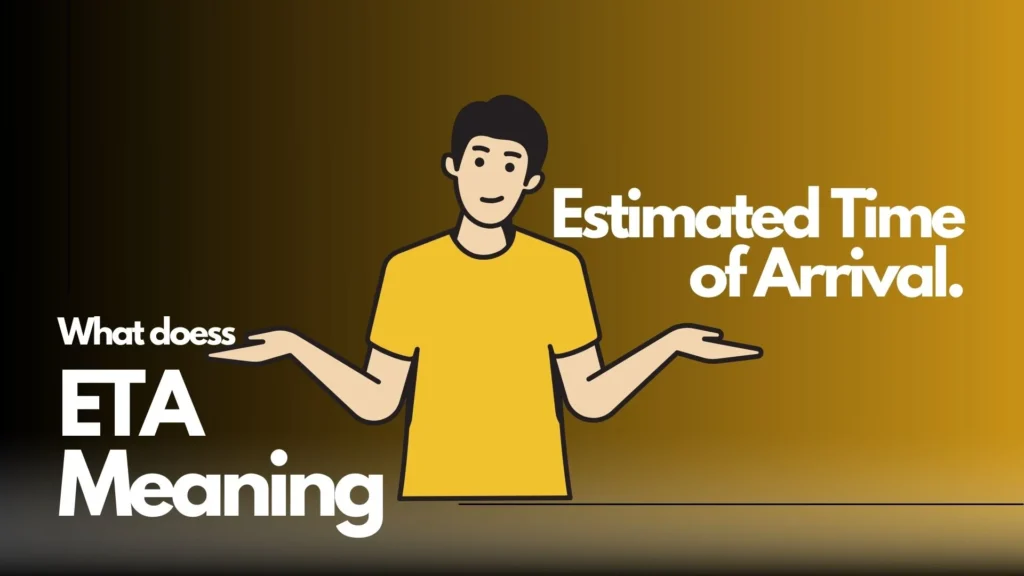
ETA stands for “Estimated Time of Arrival.”
It is widely used to inform someone when a person, item, or event is expected to arrive or occur.
🕒 Example:
“What’s your ETA?”
= “When do you expect to arrive?”
🔍 Updated 2025 Contextual Definition of ETA
In 2025, the term ETA has gone beyond just travel or delivery. It’s now frequently used in remote work, project deadlines, and even healthcare logistics.
Whether you’re waiting for a Zoom participant, a client report, or a drone-delivered package—ETA has become the go-to time tracker.
✅ When to Use ETA
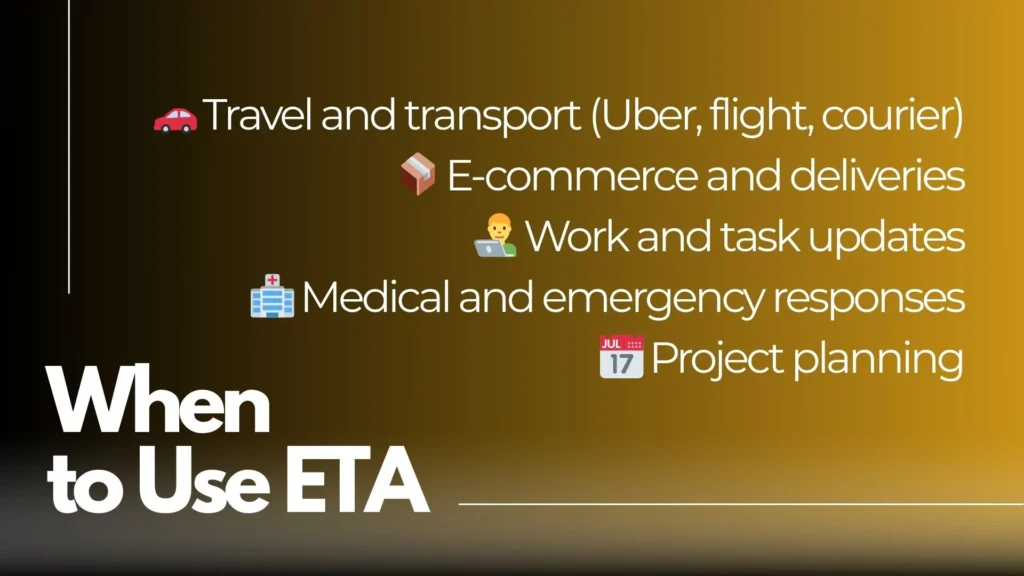
ETA is appropriate in:
- 🚗 Travel and transport (Uber, flight, courier)
- 📦 E-commerce and deliveries
- 👨💻 Work and task updates
- 🏥 Medical and emergency responses
- 📅 Project planning
Professional Usage
“Please update the ETA for the quarterly report submission.”
Casual Usage
“Hey! What’s your ETA? We’re waiting at the cafe.”
❗Why Choosing the Right Alternative to ETA Matters
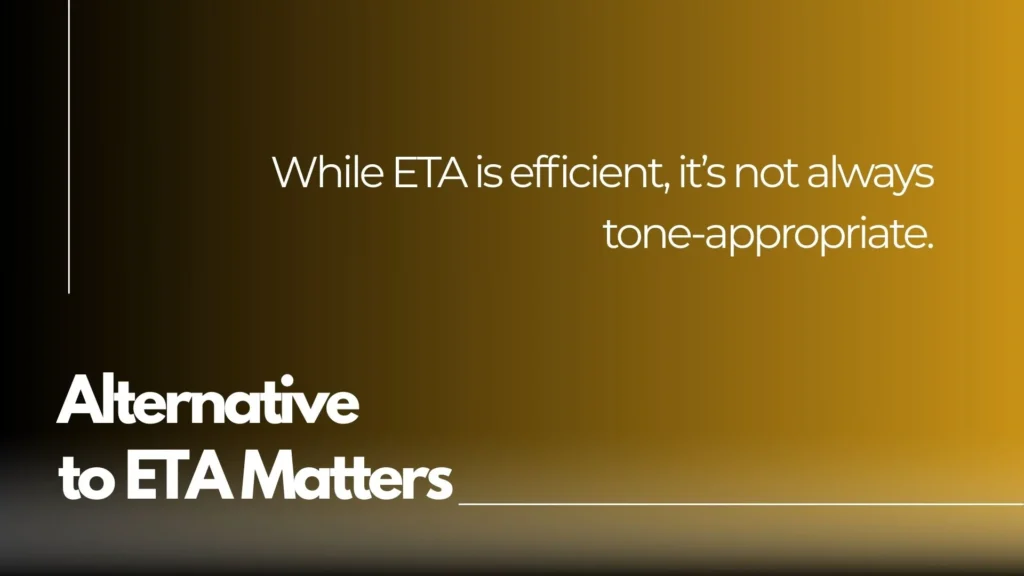
While ETA is efficient, it’s not always tone-appropriate.
For example, in a formal business report, “ETA” might seem too casual. Similarly, in highly emotional or empathetic situations, a human touch matters more than acronyms.
Here’s where understanding polite, formal, and professional synonyms for ETA becomes valuable.
💼 Top Alternatives to ETA (With Use Cases and Tone Guide)
1. Expected Arrival Time
🔹 Tone: Formal / Professional
🔹 Usage: Reports, meetings, emails
“The expected arrival time of the CEO is 11:30 AM.”
2. Scheduled Time of Arrival
🔹 Tone: Formal / Transport Industry
🔹 Usage: Airport announcements, shipping
“The scheduled time of arrival for Flight PK303 is 3:50 PM.”
3. Projected Arrival
🔹 Tone: Neutral / Business
🔹 Usage: Logistics, management
“Our projected arrival in the market is Q3 2025.”
4. Time of Arrival
🔹 Tone: Neutral
🔹 Usage: General formal or casual tone
“Do you have a time of arrival for the package?”
5. Estimated Completion Time
🔹 Tone: Business / Task-based
🔹 Usage: Project work, updates
“The estimated completion time for this task is 4 PM.”
6. Arrival Window
🔹 Tone: Service-oriented / Customer support
🔹 Usage: Utility services, home deliveries
“Your technician’s arrival window is between 2 PM and 4 PM.”
7. Expected Delivery Time
🔹 Tone: Consumer-friendly / Retail
🔹 Usage: E-commerce
“Your expected delivery time is by 7 PM today.”
8. Arrival Estimate
🔹 Tone: Flexible / Customer-focused
🔹 Usage: Friendly support, informal work settings
“Can you give me an arrival estimate?”
9. Target Time
🔹 Tone: Agile / Team collaboration
🔹 Usage: Tech teams, software rollouts
“Our target time for pushing the new update is 5 PM.”
10. Anticipated Time
🔹 Tone: Formal / Diplomatic
🔹 Usage: Policy, PR statements
“The anticipated time of the ambassador’s visit is yet to be finalized.”
🗣️ ETA Synonym Usage – Real-World Examples
Here are 10 top examples showing how to replace “ETA” with more suitable alternatives depending on tone and context:
1. Business Email
❌ “Can you send the ETA for the proposal?”
✅ “Can you provide the expected arrival time of the proposal?”
2. Customer Support
❌ “What’s the ETA on my internet repair?”
✅ “Could you share the technician’s arrival window?”
3. Team Collaboration (Slack/Teams)
❌ “ETA on feature launch?”
✅ “What’s our projected release time for the new feature?”
4. Client Project Update
❌ “What’s the ETA for phase 2?”
✅ “Do we have an estimated completion time for phase 2?”
5. Delivery Status
❌ “ETA for my package?”
✅ “What’s the expected delivery time for my order?”
6. Event Planning
❌ “ETA of guest speaker?”
✅ “When is the anticipated arrival of our keynote speaker?”
7. Medical Dispatch
❌ “What’s the ambulance ETA?”
✅ “What’s the projected arrival time of the ambulance?”
8. Transport Communication
❌ “Flight ETA?”
✅ “Can you confirm the scheduled time of arrival for Flight 782?”
9. Remote Work Update
❌ “ETA on that Excel file?”
✅ “When do you anticipate completing the Excel sheet?”
10. Government Statement
❌ “ETA for reopening schools?”
✅ “The anticipated time for school reopening will be communicated next week.”
📘 When ETA Meaning
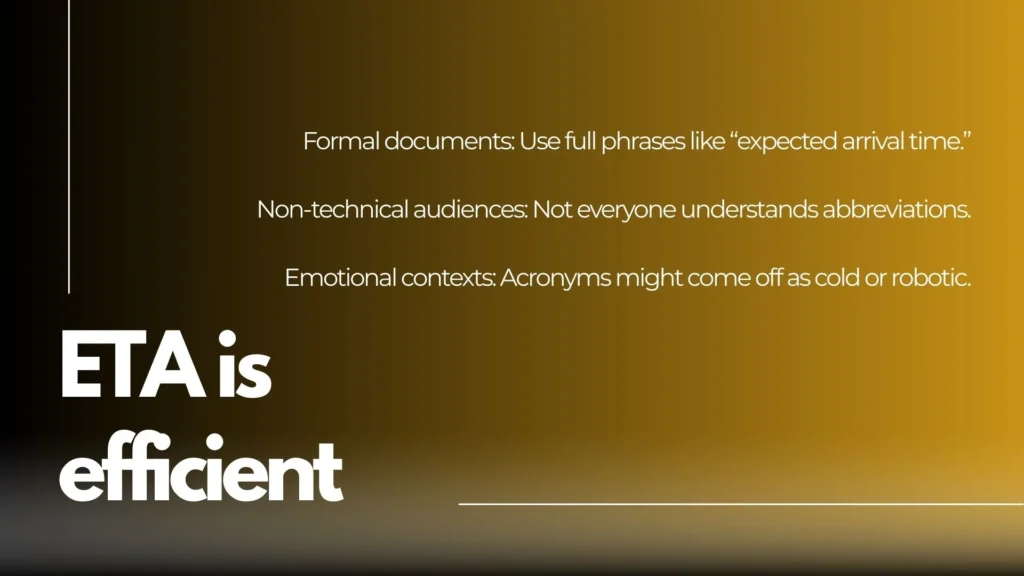
Despite its usefulness, ETA can be problematic in certain contexts:
- Formal documents: Use full phrases like “expected arrival time.”
- Non-technical audiences: Not everyone understands abbreviations.
- Emotional contexts: Acronyms might come off as cold or robotic.
🧠 Expert Tip (2025 Update): How to Choose the Right Alternative
Here’s a quick decision-making guide:
| Situation | Best Alternative |
|---|---|
| Professional report | Expected Arrival Time |
| Customer email | Arrival Window |
| Logistics dashboard | Projected Arrival |
| Formal statement | Anticipated Time |
| Task update | Estimated Completion Time |
| Delivery tracking | Expected Delivery Time |
Rule of Thumb:
- Avoid “ETA” in client-facing or external documents.
- Use “ETA” freely in internal, casual, or team communications.
🌍 Why This Matters in 2025
With the rise of AI-based scheduling, remote-first teams, and real-time delivery apps, clarity and tone are more critical than ever. The wrong phrase can create confusion, seem unprofessional, or even delay decisions.
Using the right alternative to “ETA” shows respect for your audience, enhances trust, and ensures that communication is smooth, timely, and culturally appropriate.
📝 Final Thoughts
Whether you’re managing a business, sending a gift, or simply coordinating dinner with friends—how you ask or share arrival times matters.
The term ETA has become deeply embedded in our daily communication, but knowing when—and how—to upgrade your language makes you stand out.
By choosing the right synonym for “ETA”, you’ll appear more professional, more considerate, and more effective—both in personal and professional conversations.

Dariel Campbell is the creative mind behind Puzzlerpedia, combining a love for puzzles with a talent for engaging writing. His innovative approach to puzzle creation and analysis has earned him a dedicated following. Dariel’s articles are not only informative but also inspire readers to see puzzles in a new and exciting light.
